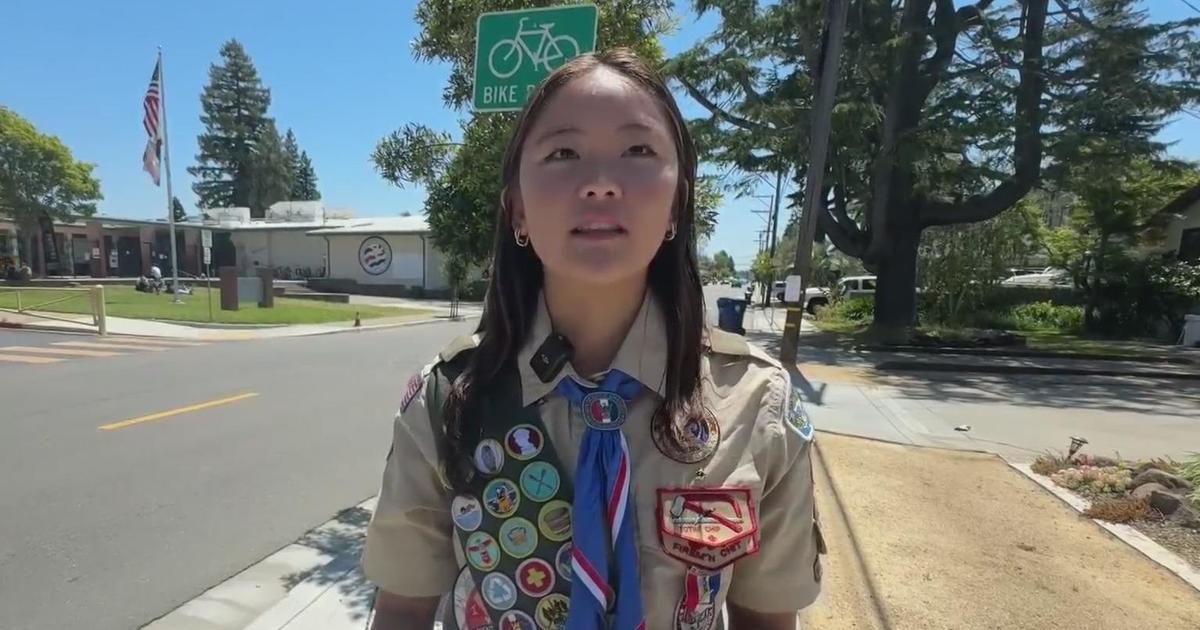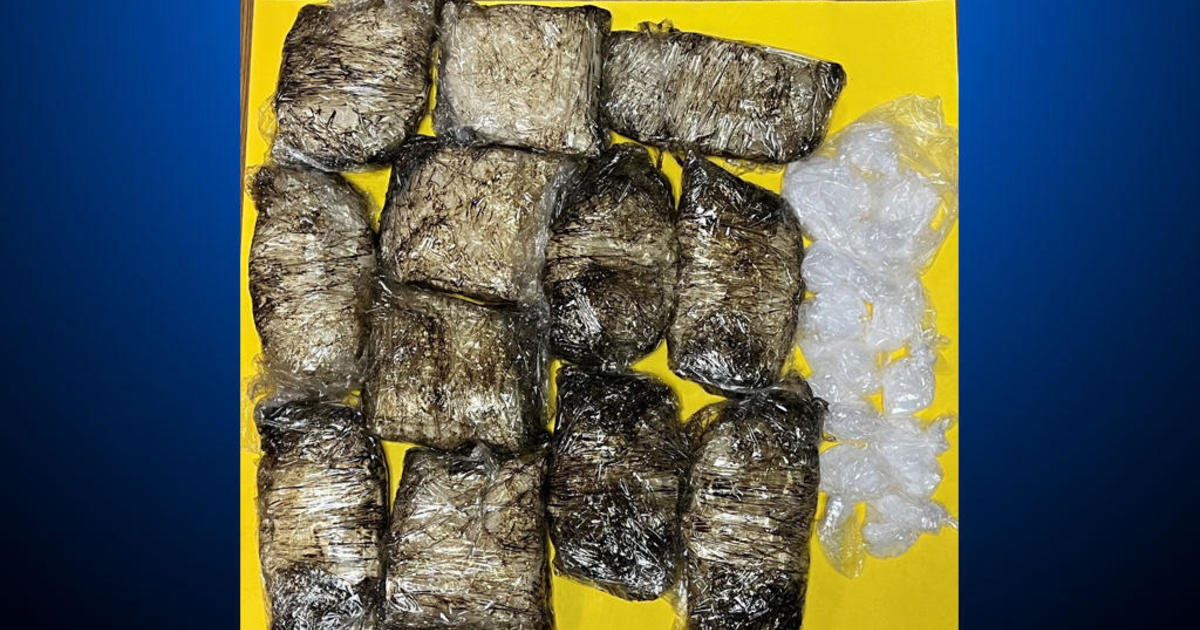Woman Sues DEA Agent Over Use Of Private Photos On Phony Facebook Page In Her Name; Gov't Calls Practice 'Legitimate'
ALBANY, N.Y. (CBS SF) -- The U.S. Justice Department said it is reviewing the case of a Drug Enforcement Administration agent who impersonated a woman and created a Facebook page using her own cellphone photos without her knowledge to communicate with suspected criminals.
However, the department has also defended the DEA agent in court papers, saying he was within his rights to use the woman's private photos in the phony Facebook profile.
Sondra Arquiett, who was arrested on drug charges in 2010, is suing DEA agent Timothy Sinnegen in upstate New York for using the photos seized from her phone after her arrest.
She pleaded guilty in 2011 to possession of cocaine with intent to distribute and was sentenced to probation.
Some of the pictures used showed Arquiett, who then went by the name Sondra Prince, scantily-dressed and one showed her with her two young children.
According to the complaint, details of which were first reported by BuzzFeed News:
"Sinnigen then utilized the Facebook page to initiate contact with dangerous individuals he was investigating with regard to an alleged narcotics distribution ring.
Sinnegen also initiated contacts with other persons known to the Plaintiff through use of the Facebook account.
Sinnegen pretended to be Plaintiff throughout the course of such communications.
Sinnegen maintained the Facebook account for a period of at least three months without Plaintiff's knowledge, during which time the revealing and/or suggestive photographs of Plaintiff remained displayed and available on Facebook.
When Plaintiff learned of Sinnigen's actions, she suffered fear and great emotional distress because, by posing as her on Facebook, Sinnegen had created the appearance that Plaintiff was willfully cooperating in his investigation of the narcotics trafficking ring, thereby placing her in danger."
Justice Department spokesman Brian Fallon told the Associated Press in a statement Tuesday that officials were reviewing the practice of creating a fake social media profiles.
In court papers filed in August, the U.S. Attorney Richard S. Hartunian admitted Sinnegan used the undercover Facebook page to send a "friend" request to a wanted criminal, accepted other friend requests, and used the fake account "for a legitimate law enforcement purpose."
The government also stated:
"Defendants admit that Plaintiff did not give express permission for the creation of the Facebook page, but state the Plaintiff implicitly consented by granting access to the information stored in her cell phone and by consenting to the use of that information to aid in an ongoing criminal investigations[sic]."
According to the court filing, the Justice Department said Agent Sinnigen is entitled to 'qualified immunity,' and that Arquiett "relinquished any expectation of privacy she may have had to the photographs on her cell phone."
The government filing also addressed the raciness of one of the photos in question:
"Defendants admit that in one photograph of Plaintiff that was used on the undercover Facebook page, Plaintiff was wearing either a two-piece bathing suit or a bra and underwear, but deny the characterization of the photograph as suggestive."
Facebook's guidelines on creating fake profiles says, "Claiming to be another person, creating a false presence for an organization, or creating multiple accounts undermines community and violates Facebook's terms."
Nate Cardozo, attorney at the Electronic Frontier Foundation, told Associated Press the government's rationale was "laughable."
"If I'm cooperating with law enforcement, and law enforcement says, 'Can I search your phone?' and I hand it over to them, my expectation is that they will search the phone for evidence of a crime," Cardozo told AP, "not that they will take things that are not evidence off my phone and use it in another context."
Arquiett was asking for $250,000 in the lawsuit. The case against the DEA agent was scheduled to go to trial in Albany, New York.



